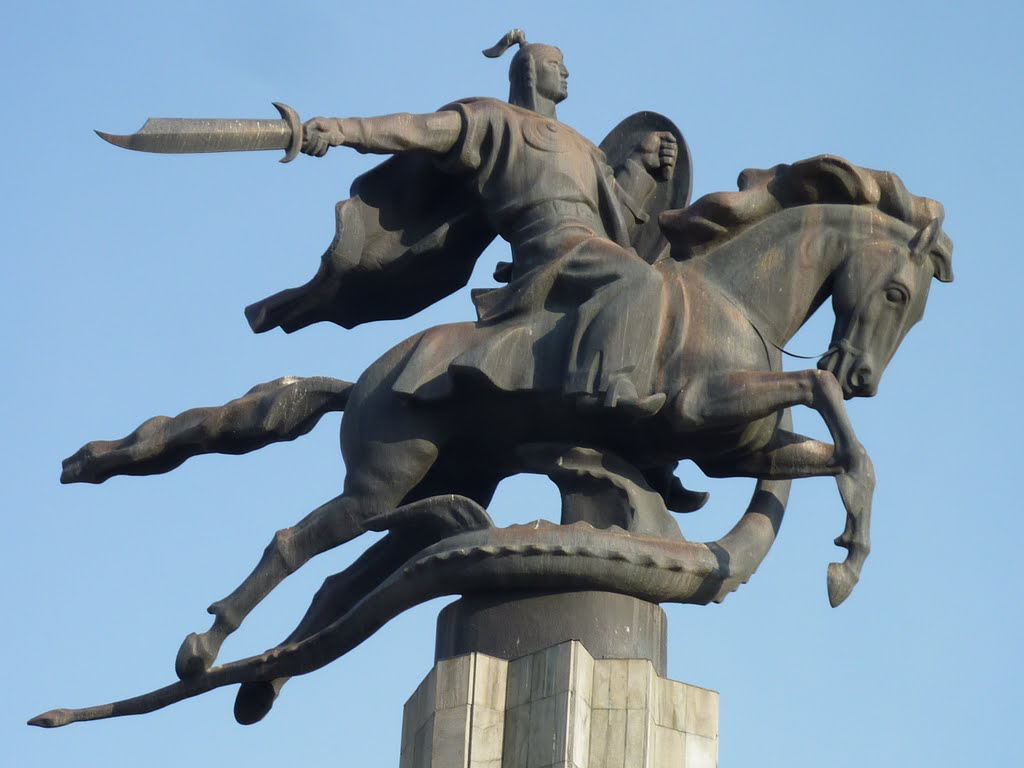Co-organized by:
American University of Central Asia – The General Education Department
Center for Studies on New Religions (CESNUR)
Religion and Civil Society in the Post-Soviet Era: Central Asia and Beyond

American University of Central Asia, Bishkek, Kyrgyzstan
19-20 March 2018
CALL FOR PAPERS
The post-Soviet era was hailed as an opportunity for a new flourishing of religious liberty in the area corresponding to the former Soviet Union, with effects felt also in countries such as China, Vietnam, Mongolia, and post-Communist Eastern Europe. After nearly twenty years, the initial euphoria has been replaced by more sober assessments. In Russia and elsewhere, new religious movements have been banned following accusations of “extremism,” and proselytization has been severely restricted. China maintains a notion of xie jiao as extremist, heterodox “cults,” subject to severe repression. Central Asia offers lights and shadows. As a civil society develops, mixed signals come from the governments in the field of religious tolerance. The conference will explore all topics related to religion and its relationship with civil society and the public sphere in the post-Soviet era, with papers accepted also on post-Communist Eastern Europe, China, Mongolia, and Vietnam, but with a special focus on countries of the former Soviet Union, particularly (but not exclusively) Central Asia.
The conference will be followed by a field trip exploring Kyrgyzstan’s religious pluralism on March 21.
Kyrgyzstan does not require a visa for citizens of the European Union.
Proposals for panels and papers should be sent both to Clyde Forsberg, AUCA, at clydeforsberg4@msn.com, and to CESNUR at cesnur_to@virgilio.it before December 31, 2017. They should include title, an abstract of no more than 150 words, and a short CV.

